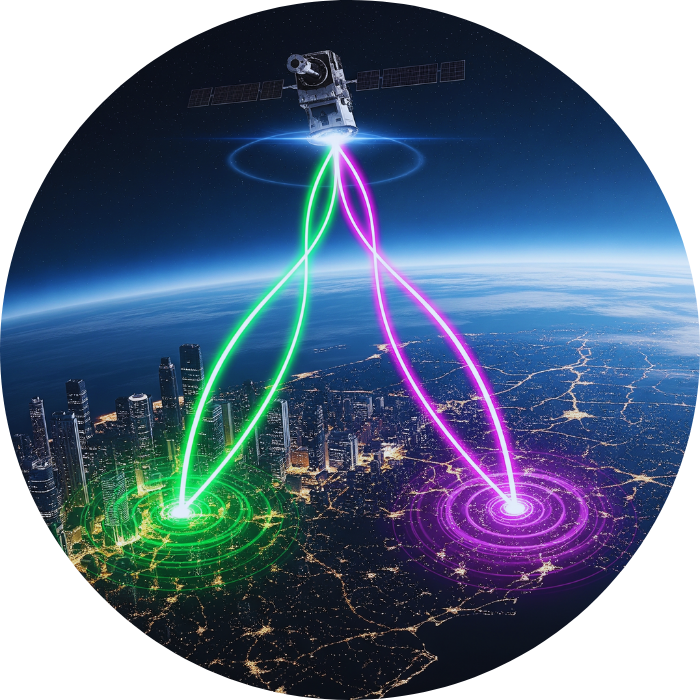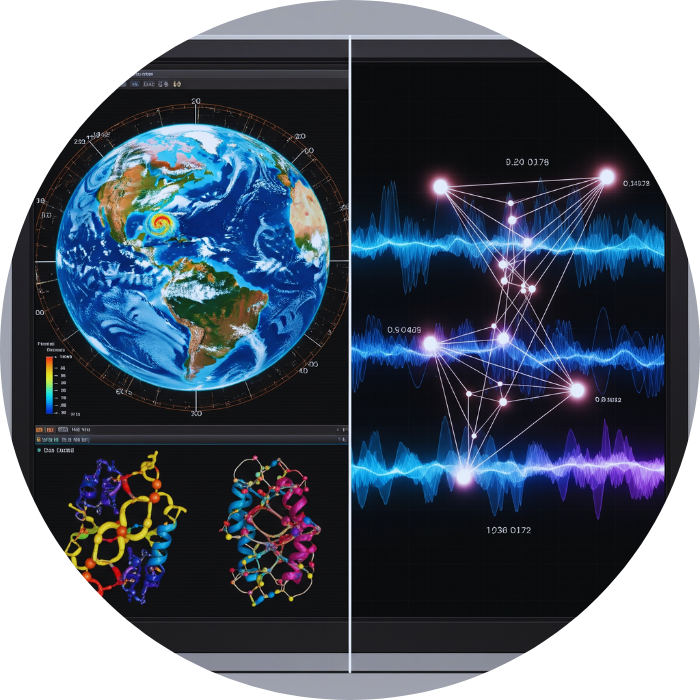Introduction
Quantum computing and supercomputing are no longer just theoretical pursuits—they’re reshaping the global technology race. In recent years, China has emerged as a leader, demonstrating remarkable progress in both quantum computers and quantum communication networks. From building machines capable of manipulating 120 qubits to launching satellites that transmit quantum-encrypted data, these breakthroughs mark the beginning of a new frontier in computing and secure communications.
This blog explores the current state of quantum innovation, its applications, and why it could redefine industries from finance to national security.
The Leap to 120 Qubits
Qubits, the fundamental units of quantum computing, differ from classical bits because they can exist in multiple states at once—superposition—allowing quantum machines to solve certain problems exponentially faster than traditional supercomputers.
In 2024, Chinese researchers announced the successful development of a 120-qubit quantum processor, crossing a threshold that places the country at the forefront of global quantum innovation.
Key features of this milestone:
Improved stability: Reduced error rates make the system more practical for real applications.
Quantum supremacy territory: Such machines can already outperform classical computers in certain specific tasks.
Algorithm development: With 120 qubits, researchers can now experiment with more complex quantum algorithms for chemistry, finance, and logistics.
This isn’t just about adding more qubits; it’s about making them usable in solving problems that classical computing cannot tackle efficiently.
Satellite Quantum Networks: The Next Internet?
Alongside computing power, quantum communication is seeing rapid progress. Traditional communication channels are vulnerable to interception, but quantum networks use entanglement and quantum key distribution (QKD) to ensure unbreakable encryption.
China’s Micius satellite, launched in 2016, was the world’s first quantum communication satellite. Building on that, new initiatives are scaling quantum communication into broader networks:
Satellite-to-ground QKD: Demonstrations have shown secure key exchanges over thousands of kilometers.
Quantum internet prototypes: Linking multiple cities with quantum-secure channels.
Defense applications: Secure military and diplomatic communications resistant to hacking—even from future quantum computers.
If classical internet was the information revolution, quantum internet could be the trust revolution—ensuring absolute data security in an era where digital threats are ever-evolving.
Supercomputing & Quantum Hybrid Systems
China is also home to some of the world’s most powerful classical supercomputers, like Sunway TaihuLight and Tianhe-3. Increasingly, researchers are exploring hybrid models—where supercomputers handle large-scale simulations, and quantum processors tackle complex optimization or molecular problems.
Hybrid applications include:
Drug discovery: Simulating protein folding and molecular binding more accurately.
Climate modeling: Running ultra-precise models of Earth’s systems.
Financial modeling: Faster optimization for investment strategies and risk analysis.
This combination of brute force (supercomputing) and elegance (quantum mechanics) could set a new benchmark in computational science.



Applications Across Industries
Healthcare & Biotech
Quantum computers can simulate molecules at atomic precision, helping design new drugs and treatments faster than ever before.Finance & Economics
Optimization problems—like portfolio management, fraud detection, and market simulations—are prime candidates for quantum advantage.Energy & Materials Science
Quantum systems could design next-generation batteries, superconductors, and catalysts for clean energy transitions.National Security
Quantum communication networks ensure unhackable data exchange, vital for defense and state secrets.AI & Machine Learning
Quantum computing could accelerate certain machine learning algorithms, enabling more powerful AI models.
Challenges in the Quantum Frontier
Despite progress, major hurdles remain:
Error Correction: Qubits are fragile, requiring advanced error correction methods to maintain stability.
Scalability: Moving from 120 qubits to thousands or millions needed for general-purpose use is still a long-term challenge.
Infrastructure Costs: Quantum computers require cryogenic cooling and complex infrastructure, limiting accessibility.
Standardization & Governance: As nations race ahead, international standards for security and collaboration remain underdeveloped.
These challenges make quantum computing both exciting and uncertain—but progress is undeniable.
China’s Strategic Edge
China’s progress in quantum computing and satellite communication isn’t just about technology—it’s about strategy. Massive government funding, public-private partnerships, and academic collaboration with institutions like the University of Science and Technology of China (USTC) have positioned the country as a global leader.
Unlike past tech waves where the U.S. dominated early adoption, the quantum race is multipolar, with China, the U.S., and Europe all vying for breakthroughs. However, China’s rapid scaling of both computing and communication technologies gives it a unique edge in building the foundations of a quantum-powered future.
Conclusion
The quantum and supercomputing frontier represents one of the most profound technological shifts of the 21st century. A 120-qubit machine is no longer science fiction, and satellite-based quantum networks are already proving secure global communication is possible.
For industries, this means faster innovation cycles. For governments, it means new levels of secure communication. For researchers, it opens the door to solving problems once thought unsolvable.
As the world steps into this new era, the key will be balancing breakthroughs with accessibility, ethics, and global cooperation. Quantum power, after all, is not just about speed—it’s about reshaping the very fabric of technology, trust, and society.
-Futurla






